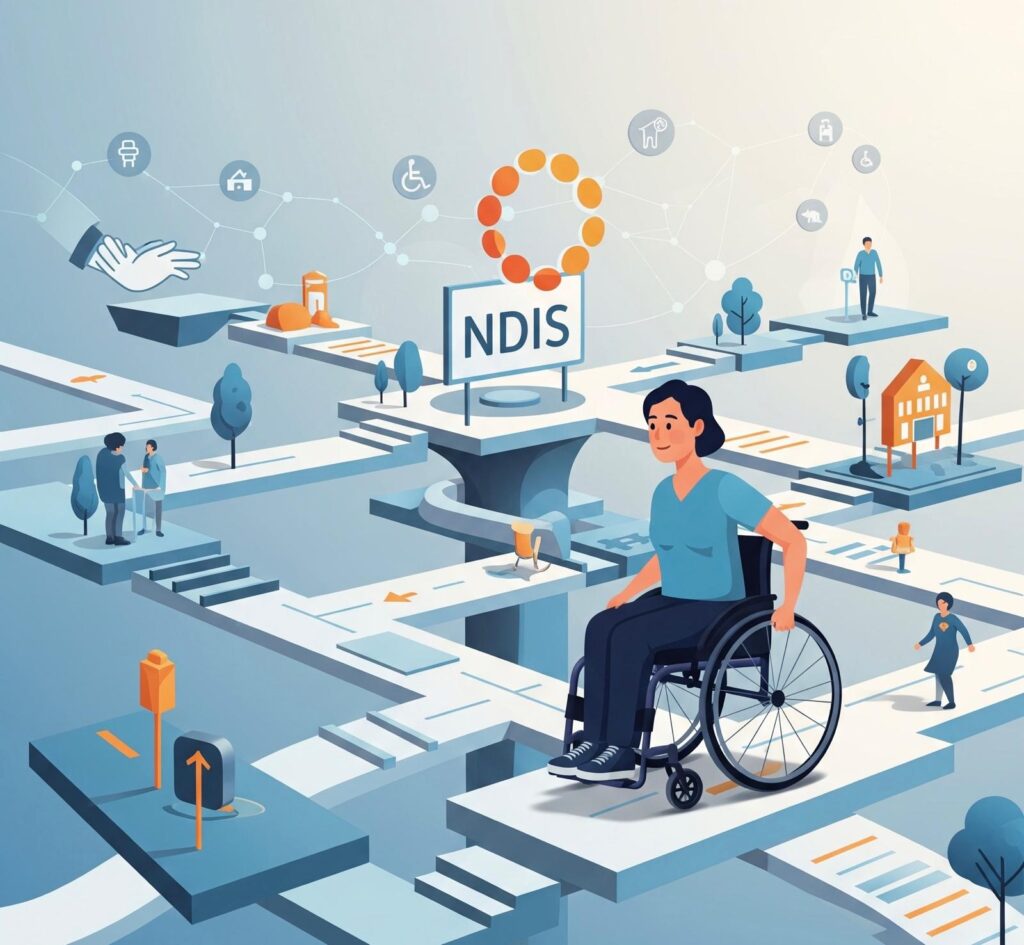Choosing the right psychologist can be a crucial step toward improving mental health and well-being. Whether seeking help for anxiety, depression, relationship issues, or personal development, finding a psychologist that matches your needs is essential for successful outcomes. This guide explores what to look for when selecting a psychologist, including qualifications, therapy style, experience, and how to assess whether they are the right fit for your specific concerns.
Keywords: Best psychologist guide, How to choose a psychologist, Finding the right psychologist, Cognitive Behavioural Therapy (CBT), Therapy styles comparison, Clinical vs counselling psychologist, Psychology services in Australia, Telehealth psychologist sessions
1. Qualifications and Professional Accreditation
In Australia, psychologists must be registered with the Australian Health Practitioner Regulation Agency (AHPRA) to practise legally (AHPRA, 2024). Additionally, many psychologists are members of professional organisations, such as the Australian Psychological Society (APS), which indicates a commitment to ongoing professional development and adherence to ethical guidelines. When searching for the best psychologist, always verify their qualifications and professional registration to ensure they meet the required standards.
2. Specialisations and Areas of Expertise
Psychologists often specialise in certain areas, such as clinical psychology, counselling, or forensic psychology. Finding a psychologist whose expertise matches your needs is crucial for receiving targeted and effective support. For example:
- Clinical psychologists are trained to manage complex mental health disorders, including depression, anxiety, and bipolar disorder (APS, 2023).
- Counselling psychologists focus on emotional, social, and behavioural challenges, such as stress, grief, and relationship issues (AHPRA, 2024).
- Forensic psychologists work within the legal system, assisting with criminal behaviour assessments and rehabilitation.
When dealing with specific issues, such as trauma or addiction, it may be beneficial to find someone with advanced training or certification in that area.
3. Therapy Styles and Approach
Different psychologists use various therapeutic approaches. Understanding these approaches can help you choose a psychologist whose style resonates with you.
- Cognitive Behavioural Therapy (CBT) is commonly used for anxiety, depression, and stress management (Hofmann et al., 2012).
- Psychodynamic therapy explores unconscious patterns and past experiences that influence present behaviour (Shedler, 2010).
- Acceptance and Commitment Therapy (ACT) focuses on mindfulness and personal values to manage psychological distress (Hayes et al., 2006).
Some psychologists may combine different approaches depending on the client’s needs, often referred to as an integrative or eclectic approach. It’s essential to discuss these styles during initial consultations to determine what may work best for you.
4. Rapport and Comfort Level
The therapeutic relationship between the psychologist and client is one of the most critical factors influencing therapy outcomes. Research suggests that the quality of the therapeutic alliance—built on trust, empathy, and collaboration—significantly impacts the effectiveness of therapy (Norcross & Lambert, 2019).
It’s essential to feel comfortable with your psychologist and trust their approach. A good psychologist will foster an environment where you feel safe, heard, and respected. If the relationship feels strained, it may affect your willingness to engage in the process, so do not hesitate to explore other professionals until you find the right fit.
5. Practical Considerations: Location, Fees, and Availability
While qualifications and rapport are essential, practical considerations also play a role in selecting the best psychologist. Factors to consider include:
- Location and Accessibility: Choosing a psychologist near your home or workplace can make it easier to attend regular sessions. Many psychologists now offer telehealth sessions, providing more flexibility (APS, 2023).
- Fees and Rebates: Check whether the psychologist’s services are covered by Medicare or private health insurance. Some psychologists offer bulk billing or sliding-scale fees for those with financial challenges (AHPRA, 2024).
- Availability: Consistent scheduling is crucial for progress. Ensure the psychologist has availability that fits your routine and offers continuity of care.
6. Reviews and Recommendations
Word-of-mouth recommendations and online reviews can provide helpful insights into a psychologist’s practice. Reading client testimonials or seeking recommendations from trusted sources can give you an idea of the psychologist’s strengths and weaknesses. However, keep in mind that therapy is a highly individual experience, and what works for one person may not work for another.
7. Ethical Guidelines and Professional Boundaries
Psychologists adhere to strict ethical guidelines set by AHPRA and the APS. These guidelines include maintaining client confidentiality, establishing clear professional boundaries, and providing informed consent. Ensuring that your psychologist adheres to these principles is essential for building a safe and ethical therapeutic environment (APS, 2023).
8. Evaluating Progress and Knowing When to Change Psychologists
Monitoring progress is an essential part of therapy. A good psychologist will set clear goals and regularly assess whether you are making progress toward them. If you feel that therapy isn’t helping or that your needs are not being met, it’s important to discuss your concerns with your psychologist. In some cases, changing psychologists may be the right decision to ensure you receive the best care possible (Norcross & Lambert, 2019).
Conclusion
Finding the best psychologist requires considering various factors, including qualifications, specialisations, therapy styles, and the quality of the therapeutic relationship. Practical considerations such as location, fees, and availability also play an essential role in the decision-making process. Ultimately, the right psychologist will be someone who makes you feel comfortable, listens to your concerns, and helps you achieve your mental health goals. Taking the time to explore your options ensures that you find the support that fits your unique needs.
References
- Australian Psychological Society (APS). (2023). APS Code of Ethics. Retrieved from https://www.psychology.org.au
- Australian Health Practitioner Regulation Agency (AHPRA). (2024). Registration Standards for Psychologists. Retrieved from https://www.ahpra.gov.au
- Hayes, S. C., Strosahl, K. D., & Wilson, K. G. (2006). Acceptance and Commitment Therapy: An Experiential Approach to Behavior Change. Guilford Press.
- Hofmann, S. G., Asnaani, A., Vonk, I. J., Sawyer, A. T., & Fang, A. (2012). The efficacy of cognitive behavioral therapy: A review of meta-analyses. Cognitive Therapy and Research, 36(5), 427-440.
- Norcross, J. C., & Lambert, M. J. (2019). Psychotherapy relationships that work: Volume 1. Evidence-Based Therapist Contributions. Oxford University Press.
- Shedler, J. (2010). The efficacy of psychodynamic psychotherapy. American Psychologist, 65(2), 98-109.
How to get in touch
If you or your NDIS participant need immediate mental healthcare assistance, feel free to get in contact with us on 1800 NEAR ME – admin@therapynearme.com.au.







